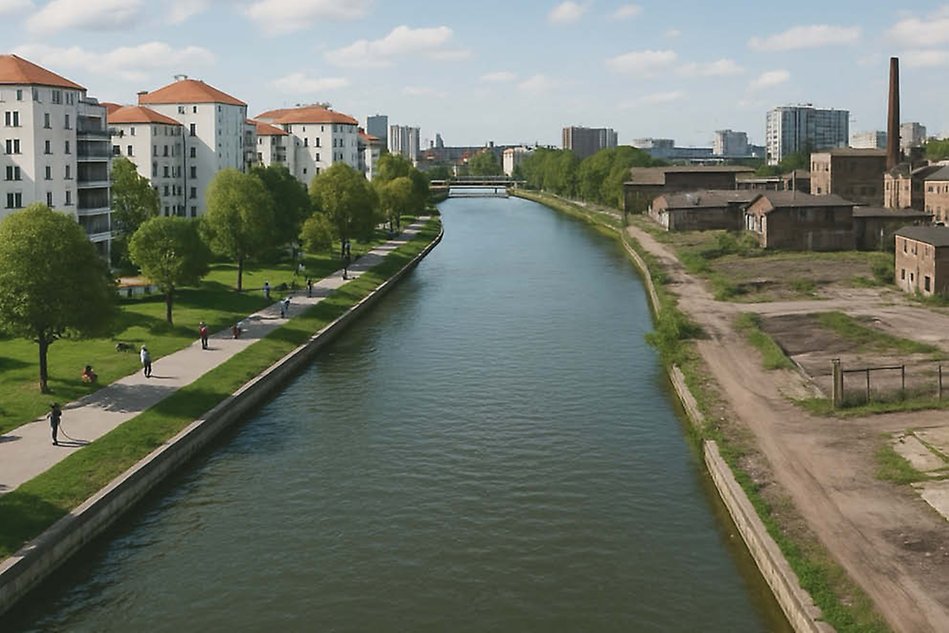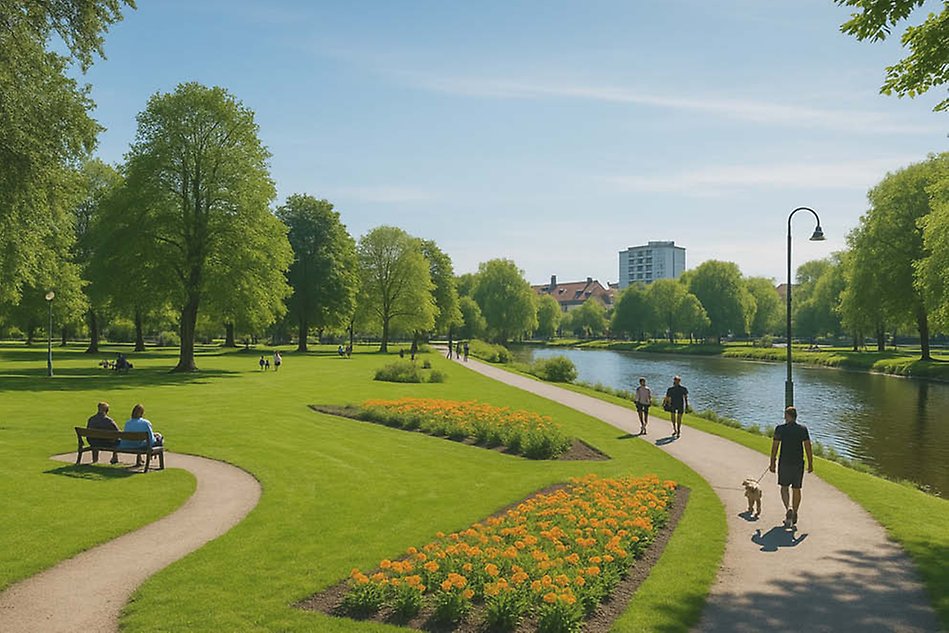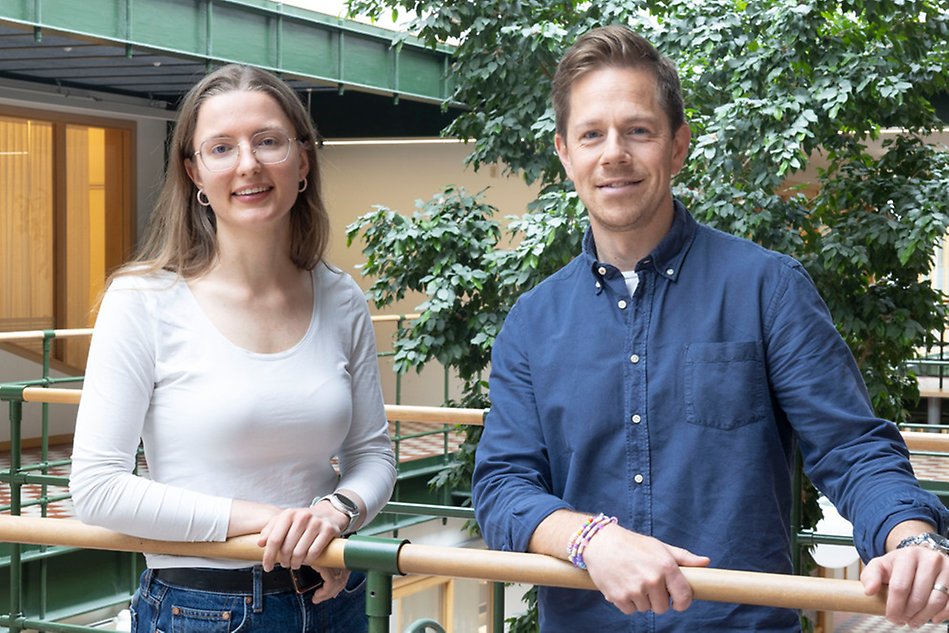European students unite to create green spaces in Halmstad
The other week, students and teachers from Halmstad University and partner universities in Paris, Salzburg and Valencia, collaborated in a cross-border initiative aimed at tackling regional challenges in Sweden. Supported by funding from the European Commission, the course brought more than 60 participants to Halmstad, where they developed solutions for three urban areas currently undergoing sustainable transitions.
“It is a great way to gain new perspectives from different countries and cultures, learn from international experts and develop your intercultural competence.”
John Lindgren, Project Leader
At Halmstad University, Construction Engineer students can gain international experience not only through an exchange abroad in their third year, but also at home during their second year by participating in a Blended Intensive Programme (BIP).
“In this course, students develop the skills to design and plan construction projects with a focus on sustainability and circularity, reducing waste and optimising resource use for a more sustainable future”, says John Lindgren, Project Leader of this year’s BIP.
From online insights to on-site action
This year’s course kicked off in April with two online sessions that included an introduction to three urban areas, a lecture on principles of sustainable and circular urban development, and group work in breakout rooms. These digital meetings set the stage for an on-site workshop held in Halmstad later in May.
Participants were tasked with developing proposals for specific urban areas, working in groups assigned to one of three locations: the Nissan River or the University campus in Halmstad, or Södra Åstranden in Falkenberg. Before starting their group work, all participants had the chance to visit and explore each of the three areas for inspiration.

The current state of the Nissan area. Photo: AI-generated by students.
A new recreational zone
The final day of the course featured presentations on campus, where each group shared their insights and design proposals for their assigned area. The students Lea Schmidtke, from Salzburg University of Applied Sciences, and Joakim Hillding, from Halmstad University, focused on the stretch of the Nissan River leading to the ocean – an area currently dominated by industrial premises and abandoned spaces.
“We identified a clear lack of housing and green spaces”, says Joakim Hillding.
Their group proposed transforming the area into a vibrant recreational zone with features like playgrounds, allotments, and ice-skating rinks in winter – encouraging people to spend more time outdoors and connect with one another.

The student group believes that both sides of the river should include green spaces, housing, businesses and restaurants. Photo: AI-generated by students.
Lea Schmidtke and Joakim Hillding describe the on-site week as intense but rewarding.
“Halmstad is a lovely place, and I am impressed by the number of study areas on the University campus. The best part, however, was meeting new people, hearing different perspectives and exchanging ideas. Since we all study different courses, everyone brought something unique”, says Lea Schmidtke. Joakim Hillding agrees:
“Our strength was our diversity – we have come from different geographical areas and have different backgrounds and cultural experiences.”

Lea Schmidtke and Joakim Hillding were part of a diverse group of students representing all four universities.
Appreciated week in Halmstad
The course has been running for two consecutive years, with last year’s edition taking place in Paris. Its successful format has quickly made it a popular choice among students at the partner universities. John Lindgren sees it as a key component of the programme Construction Engineer:
“It is a great way to gain new perspectives from different countries and cultures, learn from international experts and develop your intercultural competence.”
The on-site module has a lasting impression on both students and teachers.
“It has been a truly great week. We have already begun planning for next year’s course, which will be hosted by the University of Valencia”, John Lindgren reveals.
Text and photo: Katarina Tran
Blended Intensive Programme (BIP)
Blended Intensive Programmes (BIP) are short, innovative courses that combine online collaboration with a brief period of physical mobility. Students or staff from different countries work in cross-disciplinary teams to address real-world challenges, often linked to the United Nations’ sustainable development goals or other societal challenges identified by regions, cities or companies.
Each BIP includes both virtual and on-site learning, encouraging teamwork and international exchange. Programmes are developed by at least three higher education institutions from three different EU or associated countries and are open to students from all backgrounds, study fields and cycles.
Blended Intensive Programmes External link, opens in new window.
Particpating partner universities
- ESITC Paris
- Halmstad University
- Salzburg University of Applied Sciences
- Valencia Polytechnic University

